RV life promises freedom and adventure, but many travelers unknowingly break laws that have quietly changed over the years. What was perfectly legal decades ago might now land you with hefty fines or legal trouble. Most RVers continue these practices simply because they don’t realize the rules have shifted, creating a gap between common behavior and current regulations.
1. Overnight Parking in Walmart Lots
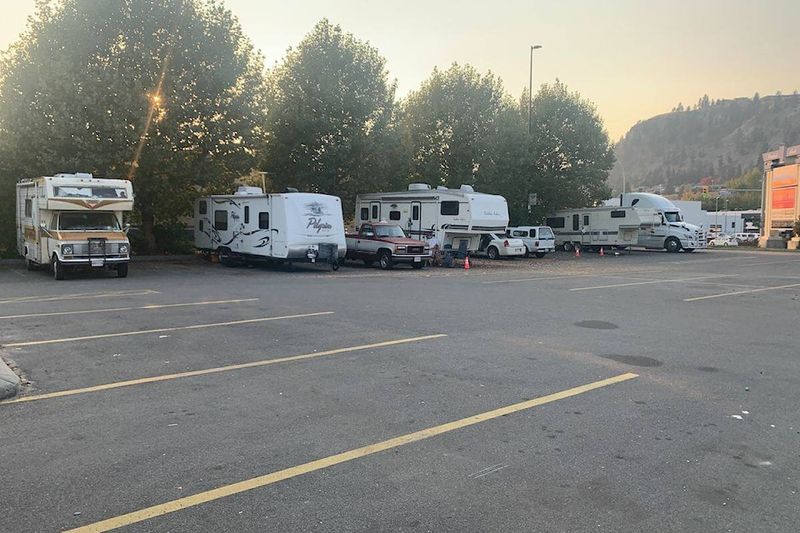
Sam Walton’s original welcome to RVers has become a legal minefield across America. While the corporate policy remains friendly, local ordinances have steadily chipped away at this beloved tradition.
States like New York have banned overnight parking entirely, while cities in Oregon, Colorado, and Florida enforce strict no-camping rules. Violators face fines ranging from $50 to $500, plus potential towing fees.
Smart RVers now call ahead or use apps like Campendium to verify current local laws before settling in for the night.
2. Sleeping in Your RV on Private Property
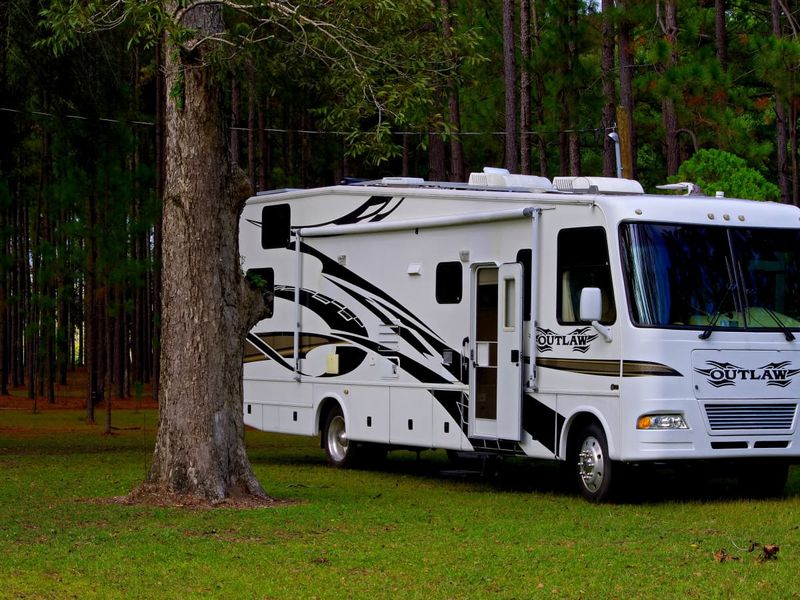
Your own land doesn’t guarantee RV living rights anymore. Zoning laws in Virginia and North Carolina cities now classify RVs as temporary structures, not permanent residences.
Homeowners face daily fines of $100-300 for housing family members in backyard RVs. Code enforcement officers actively patrol neighborhoods, responding to neighbor complaints about “unsightly” recreational vehicles.
Legal loopholes exist through temporary permits, but most require expensive septic and electrical inspections. Many families risk the fines rather than navigate bureaucratic hurdles for basic housing solutions.
3. Cooking While Driving Down the Highway

Washington State specifically prohibits operating stoves, microwaves, or any cooking appliances while the RV is in motion. The law targets fire hazards and driver distraction concerns.
Road trips involving hungry passengers often ignore this rule, with copilots preparing meals during long stretches. State troopers can issue citations up to $250 for violations, especially after accidents involving cooking-related fires.
Professional RV drivers recommend pulling over at rest stops for meal preparation. The extra time invested prevents potential disasters and expensive legal consequences down the road.
4. Towing Your RV on Sunday in Rhode Island
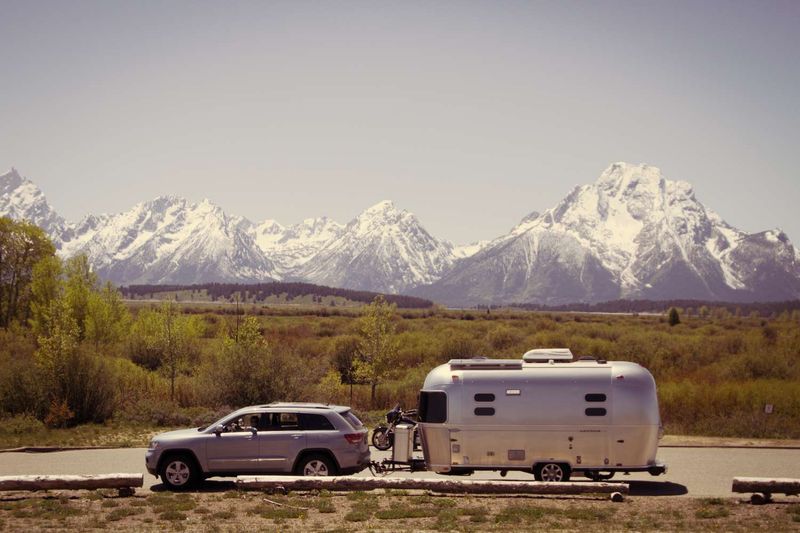
Blue laws from the 1600s still govern Rhode Island’s Sunday activities, including RV towing restrictions. These archaic regulations remain surprisingly enforceable in modern times.
Weekend warriors regularly violate this law, unaware that Sunday RV transport requires special permits. Police issue $150 fines plus court costs, often surprising out-of-state travelers.
Emergency situations and pre-approved commercial operations receive exemptions, but recreational towing faces strict enforcement. Local RV dealers advise scheduling moves for Saturday evenings or Monday mornings to avoid unnecessary legal complications and expenses.
5. Dumping Dishwater on the Ground
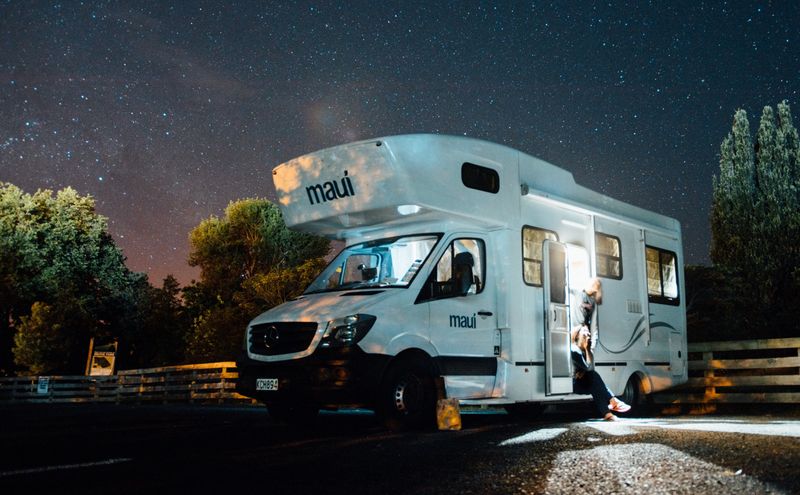
Soapy dishwater seems harmless, but Minnesota, New Hampshire, and California treat it as environmental contamination. Even biodegradable soap affects soil pH and local water sources.
Campers routinely dump sink water beside their RVs, creating cumulative environmental damage over time. Rangers issue $200-500 fines in state parks, with repeat offenders facing camping bans.
Proper disposal requires carrying water to designated dump stations or using collection containers. Gray water systems help, but many older RVs lack proper holding tanks for sink drainage.
6. Transporting Firearms Across State Lines

Gun laws create a patchwork of regulations that change every few hundred miles. What’s legal in Texas becomes a felony in New York, with RVers caught in the crossfire.
Interstate travelers often assume their home state permits apply everywhere, leading to serious criminal charges. Some states require special transport cases, while others ban certain ammunition types entirely.
Professional advice suggests researching every state on your route, obtaining reciprocity permits, and securing weapons according to the strictest laws encountered. Legal fees far exceed preparation costs.
7. Mounting GPS Devices on Windshields
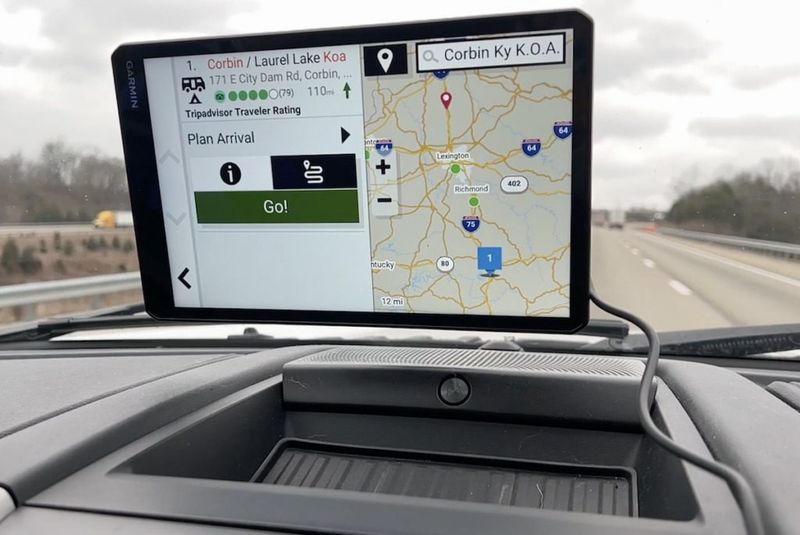
Twenty-eight states ban windshield-mounted GPS units, considering them vision obstructions similar to hanging air fresheners. These laws target any device blocking driver sight lines.
RVers frequently ignore these regulations, relying on familiar GPS placement from their cars. Traffic stops often result in $75-150 fines, plus potential equipment confiscation.
Dashboard mounts and side window placement provide legal alternatives without sacrificing navigation convenience. Modern integrated systems eliminate the problem entirely, though aftermarket solutions work for older RVs.
8. Exceeding State RV Length Limits
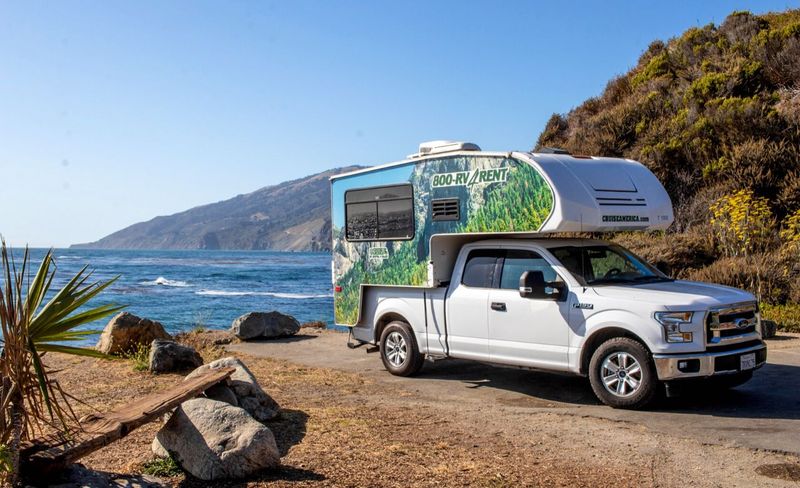
Alabama restricts total RV length to 57 feet, with special permits allowing up to 65 feet. Other states impose different limits, creating confusion for interstate travelers.
Large motorhomes with towed vehicles often exceed these restrictions without realizing it. Enforcement varies, but violations can result in expensive escort requirements or route restrictions.
Measuring your complete rig prevents surprises at weigh stations. Some states offer temporary oversize permits, while others require professional pilot car services for oversized combinations.
9. Skipping Safety Chains When Towing
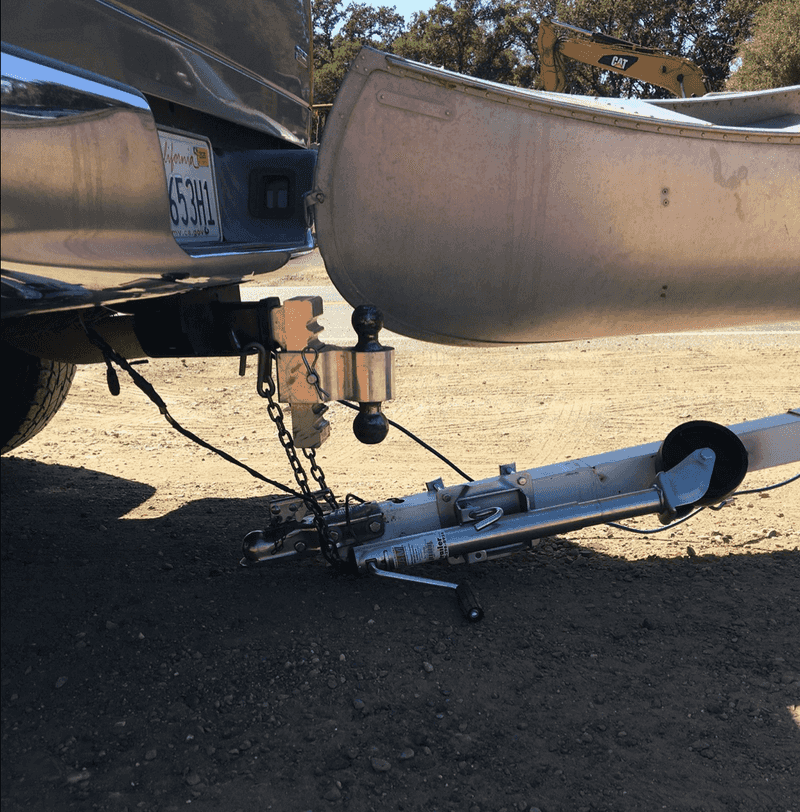
Safety chains prevent runaway trailers during hitch failures, yet many RVers consider them optional equipment. State laws increasingly mandate proper chain installation and maintenance.
Accidents involving unchained trailers result in serious liability issues beyond simple traffic violations. Insurance companies may deny claims when safety equipment wasn’t properly used.
Proper chain installation requires crossing them under the tongue, providing support if the hitch fails. Regular inspection prevents chain failure during critical moments when they’re needed most.
10. Passengers Not Wearing Seatbelts

RV seatbelt laws vary dramatically between states, but enforcement has become increasingly strict. Many passengers assume RV travel exempts them from standard vehicle safety requirements.
Dinette seating and rear beds lack proper restraint systems, creating legal gray areas during traffic stops. Officers can cite each unrestrained passenger individually, multiplying fines significantly.
Aftermarket seatbelt installation helps, but professional installation ensures proper mounting and legal compliance. Some states require all passengers to use forward-facing seats with approved restraint systems during highway travel.
11. Using Regular Toilet Paper

Standard household toilet paper doesn’t dissolve quickly enough for RV plumbing systems, leading to expensive clogs and pump damage. Campground regulations increasingly prohibit non-RV paper.
Many RVers continue using familiar brands, risking costly repairs and campground fines. Some facilities charge extra fees for pump-out services when regular paper causes blockages.
RV-specific toilet paper costs more but prevents thousands in repair bills. The one-ply varieties dissolve rapidly, protecting sensitive waste systems from unnecessary damage and expensive emergency service calls.
12. Leaving Awnings Extended in Wind
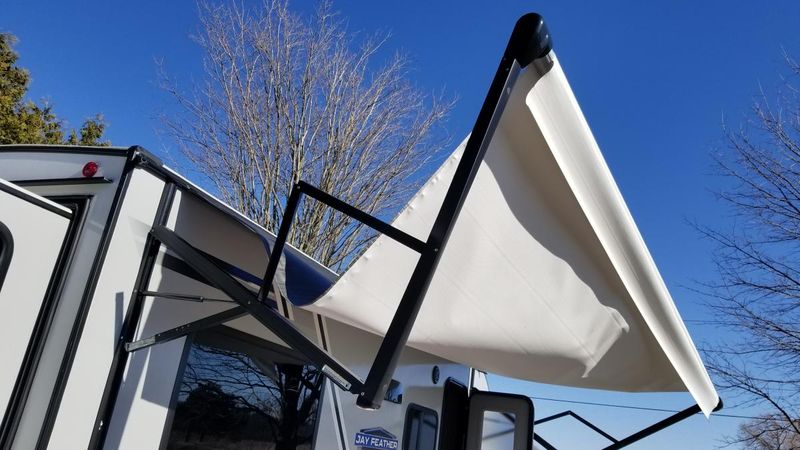
Campground rules typically require awning retraction during wind advisories, but many RVers ignore weather warnings until damage occurs. Insurance claims often cite negligence when storms destroy extended awnings.
Even moderate winds can generate enough force to tear awning fabric or bend support arms. Replacement costs range from $500-2000, not including potential RV body damage.
Weather apps help monitor conditions, but experienced RVers retract awnings whenever leaving camp. The few minutes saved aren’t worth risking expensive repairs or potential injury from flying debris.
13. Failing to Winterize Water Systems

Freezing temperatures can burst RV water lines and tanks within hours, yet many owners skip winterization procedures. Some states require winterization disclosure when selling RVs.
Burst pipes create expensive damage beyond simple replacement costs, including water damage to floors, walls, and furnishings. Insurance may not cover freeze damage when proper winterization wasn’t performed.
Professional winterization costs $100-200 but prevents thousands in repairs. DIY procedures work well, but compressed air systems and RV antifreeze ensure complete water system protection during cold weather storage.
14. Ignoring Tire Pressure and Condition
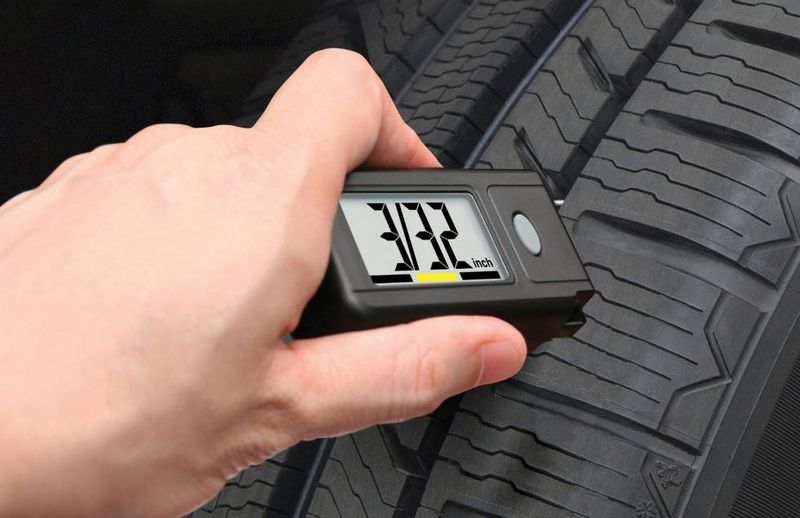
RV tires carry enormous weight loads, making proper inflation and inspection critical for safety. Some states require commercial-grade tires for larger RVs, with specific pressure requirements.
Blowouts cause serious accidents and expensive damage, yet many RVers check tires infrequently. Underinflated tires generate excessive heat, leading to sudden failures at highway speeds.
Monthly pressure checks and annual inspections prevent most tire-related problems. Professional tire monitoring systems alert drivers to pressure changes, providing early warning before dangerous situations develop on busy highways.
15. Traveling Without Waste Disposal Plans
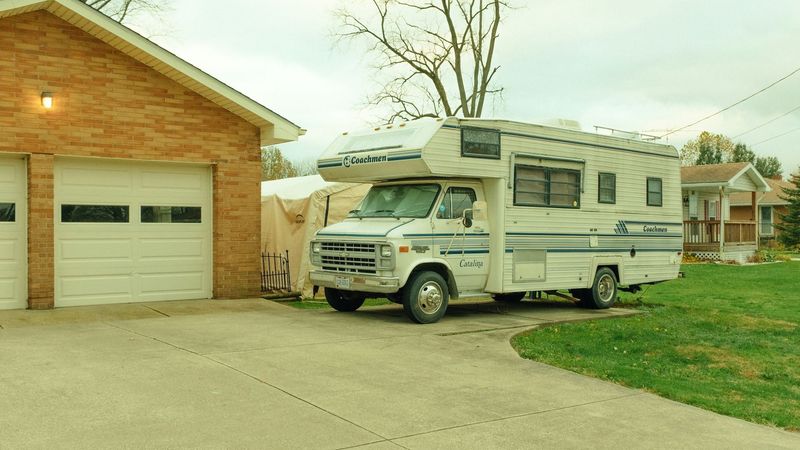
Texas counties now require documented waste disposal plans for RV travelers, preventing illegal dumping in rural areas. Violators face hefty fines plus environmental cleanup costs.
Many RVers assume dump stations will always be available, but remote areas lack proper facilities. Illegal dumping carries serious penalties, including criminal charges for environmental violations.
Planning dump station stops prevents emergency situations and legal problems. Apps like Sanidumps locate facilities along travel routes, while portable waste tanks provide backup options for extended boondocking adventures.



